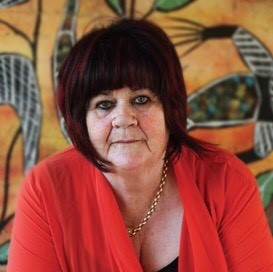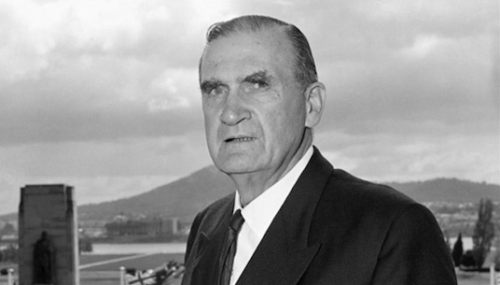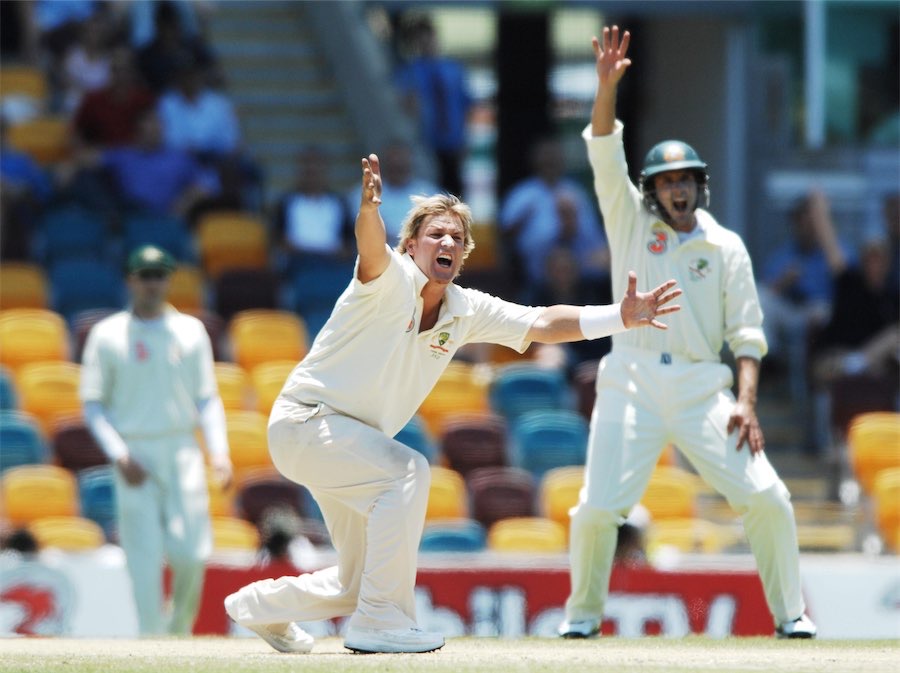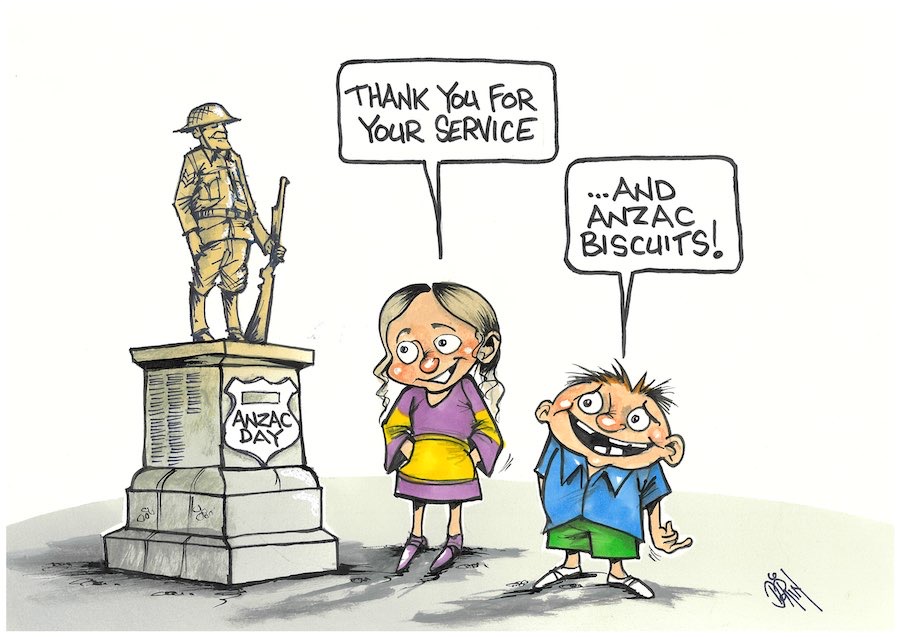JULIE TONGS, CEO of Winnunga Nimmityjah Aboriginal Health and Community Services, is all for raising the age of criminal responsibility from 10 to 14, but says that first the ACT government needs to fix the problems with the present system.
AT the request of the ACT government a review has been undertaken of the service system and implementation requirements for raising the minimum age of criminal responsibility in the ACT from 10 to 14.

The review, headed by emeritus professor Morag McArthur has delivered a comprehensive report that has outlined in detail major gaps in the current service system relevant to the meeting of children’s needs as well as implementation issues and alternative models for meeting the needs of 10- to 13-year-old children likely to be affected by a rise in the age of criminal responsibility.
It is reasonable to assume that had these gaps and shortcomings not existed then, likely, many of the 10- to 13-year-old Canberra children who have over the years been held in detention, may never have come into contact with the criminal justice system.
The gaps identified by the review include:
- A lack of co-ordination and integration across the service system, including limited information sharing; lack of capacity to work with children with multiple needs; limited specialised and generalist programs, service delivery modes that are inflexible; barriers to navigating the system; limited understanding of child-specific familial and cultural needs; and long waiting lists for specialised services.
- Stakeholder consultations revealed that demand outstrips the availability of services. Almost all stakeholders raised the difficulty of accessing mental health and alcohol and other drug services, identifying long waiting lists or narrow eligibility criteria as some of the main reasons.
- One of the major concerns identified was that children aged 10-13 are commonly not eligible for a range of services in the ACT. This is particularly true for children under 12. They are too young to access many of the adolescent services and too unwell or complex for early intervention services, but not complex enough to access specialised services. They may also have comorbidities (eg disability and/or AOD or trauma) that exclude them from key mental health services.
- There are a range of workforce capability issues, including the structure of funding arrangements and tendering in the community services sector. There are also significant workforce shortages in key areas, such as allied health professionals available to support children with trauma experience and mental health challenges.
- More is required to develop a trauma informed workforce.
- A range of stakeholders identified the need for safe accommodation for children. They emphasised that this need will be intensified with the change to the age of criminal responsibility. Key aspects of remedying the lack of safe and secure accommodation include crisis accommodation and a secure therapeutic facility for children in need of mental health treatment and who are at risk of harming themselves or others.
The review also reported that there is a lack of integration across the range of complex and interlinked issues children face and the evidence from stakeholders was of a service system that was siloed and where information sharing was a problem.
Of relevance to the Aboriginal and Torres Strait Islander community the review declared, considering the significant overrepresentation of Aboriginal and Torres Strait Islander children in the youth justice system and experiencing the ongoing impacts of colonisation, dispossession and alienation from indigenous culture that Aboriginal and Torres Strait Islander people must be strongly involved in the alternative response when the age of criminal responsibility is raised.
While I strongly support the proposal to raise the age of criminal responsibility, I would be most concerned if the government moved to implement the change in age in advance of a detailed and fully funded commitment to address all the gaps and weaknesses in the service system identified by Prof McArthur and the review team. It will also be vital that all recommendations of the Our Booris Our Way review are fully implemented.
Many of the identified gaps are clearly a result of a lack of adequate funding and therefore insufficient capacity in both the government and community service systems to appropriately meet the needs of children at risk and their families.
Therefore, the government must, as recommended by the review, consult with all relevant service providers about the resources and capacity they will require in order to close the gaps and address the other issues identified by the review.
If these pre-conditions are not met, then I would not resile from advice I have relayed to the Attorney-General Shane Rattenbury and Minister for Families and Community Services Rachel Stephen-Smith that, in my opinion, raising the age of criminal responsibility, by itself, is likely to do no more than delay for a few years an at-risk Aboriginal child’s entry into juvenile detention.
In which case, I advised, the reform will, with justification, be seen as having been little more than a cheap political stunt.
Julie Tongs is the CEO of Winnunga Nimmityjah Aboriginal Health and Community Services.
Who can be trusted?
In a world of spin and confusion, there’s never been a more important time to support independent journalism in Canberra.
If you trust our work online and want to enforce the power of independent voices, I invite you to make a small contribution.
Every dollar of support is invested back into our journalism to help keep citynews.com.au strong and free.
Thank you,
Ian Meikle, editor





Leave a Reply